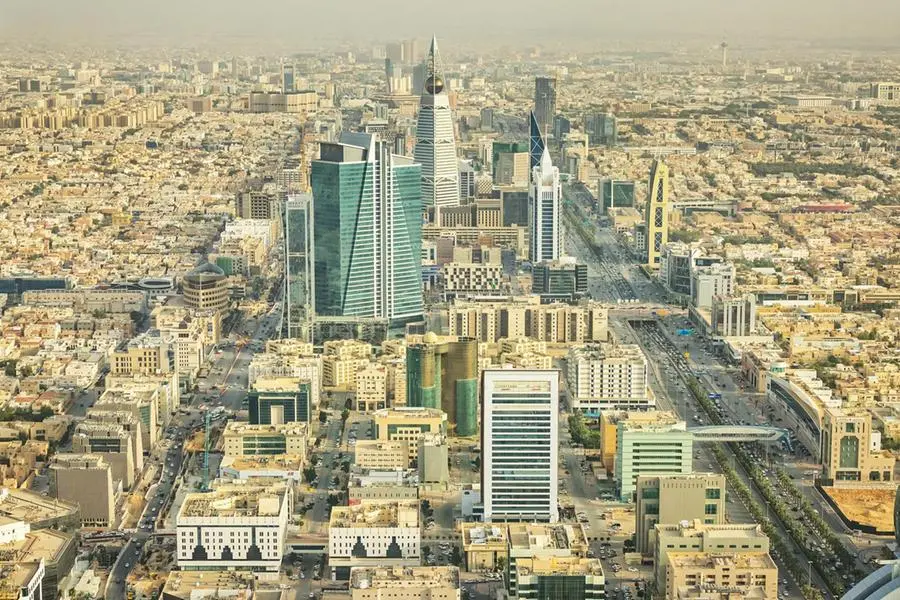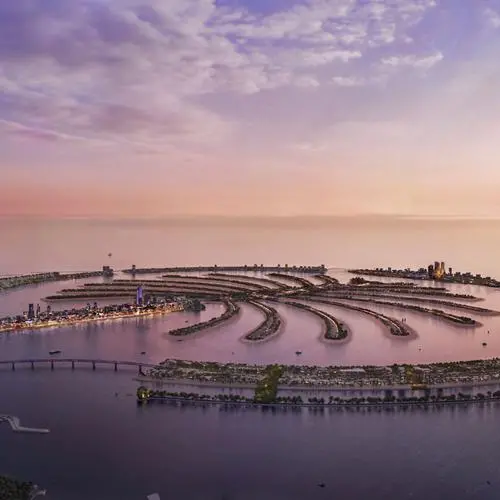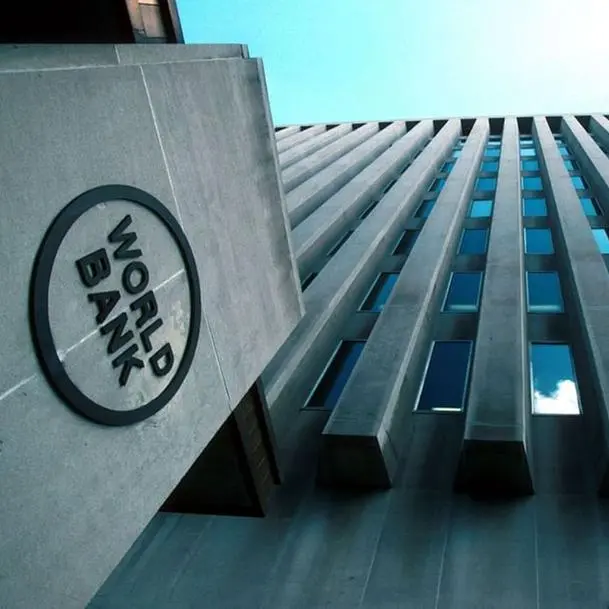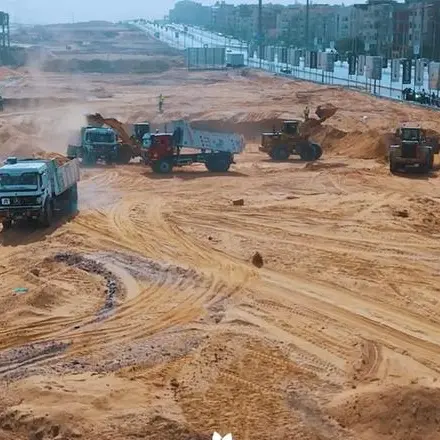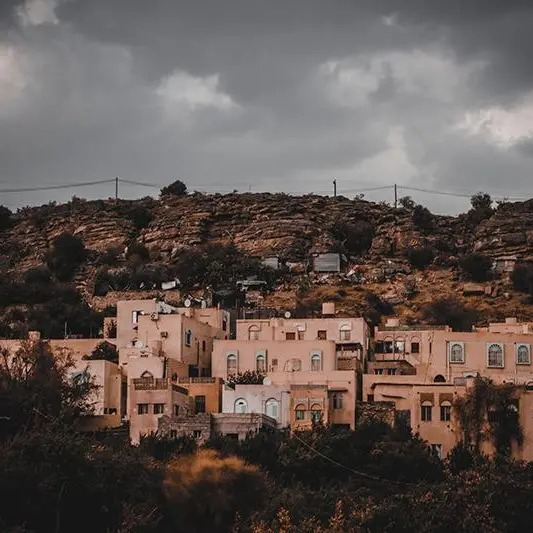PHOTO
Saudi Arabia’s housing demand is expected to increase by more than 50 percent to reach 153,000 houses by 2030 from 99,600 dwellings in 2021, PwC Middle East said in a new report.
Over the coming decade, the Kingdom will need to create approximately 1.2 million new homes to reach a housing stock of 4.96 million houses by 2030.
Saudi Arabia has made remarkable progress in transforming its housing sector in the past decade. The Kingdom is predicted to achieve its objectives of 70 percent home ownership and a housing sector that contributes 8.8 percent of the national GDP by 2030.
“The government’s robust policies and initiatives, including the activation of numerous finance products, is propelling the sector forward, addressing the key challenges faced by the housing market, and making homeownership a possibility for new generations of Saudis,” the consultancy said.
The Kingdom developed the housing programme in 2018 to increase access for Saudi families to affordable, quality, safe, and well-located housing.
PwC’s report, Transforming the Housing Sector in Saudi Arabia, pointed out some key initiatives that have positively impacted the Kingdom’s transformation.
Addressing the barriers created by a high mortgage interest rate environment, the financing dimension directly targets the challenge of unaffordable houses through several government-backed initiatives.
Access to sustainable financing solutions remains key, with the Saudi Real Estate Refinance Company (SRC) having injected more than 6.5 billion Saudi riyals by the end of 2020 with plans to refinance 20 percent of the Kingdom’s residential mortgage market by 2025.
Support from the Saudi Central Bank has also played a crucial role in the sector’s growth, with minimum down payment requirements for property purchases being reduced from 30 percent to 5 percent of the purchase price and increasing the number of banks offering home loans.
In addition to improving access to financing, the Kingdom has continued to increase the private sector’s involvement, particularly in developing affordable housing.
Over the coming decade, the Kingdom will need to create approximately 1.2 million new homes to reach a housing stock of 4.96 million houses by 2030.
The introduction of a new central regulatory entity for the real estate sector, the General Authority for Real Estate, in 2017 aims to regulate the sector, stimulate investment, and protect consumers.
The improved governance helps stabilise the real estate’s rental and buyers’ market supported through initiatives such as “Ejar” that regulate the relationships between all parties in the rental process.
The Saudi housing market’s transformation also focuses on enhancing beneficiaries’ journey. This dimension is critical for addressing low customer satisfaction levels and consists of several key initiatives, including the ‘Mulak Programme,’ ‘Shrakat,’ and ‘Sakani.’
These initiatives enhance the partnership between the government and private sector to provide solutions and residential products that meet the needs of citizens at an affordable price, and digitally enable Saudi homebuyers to apply for their first home online, the report said.
(Writing by D Madhura; Editing by Anoop Menon)
